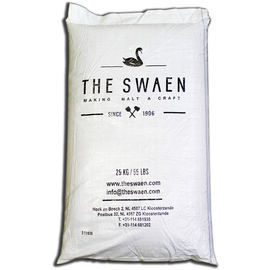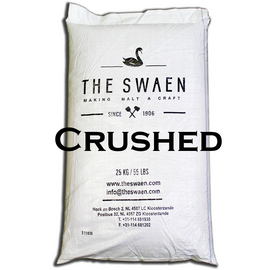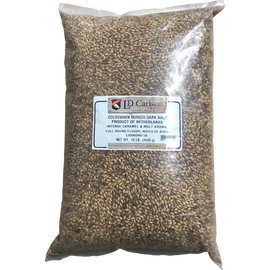Swaen Munich Dark Malt 10 lb
Brand : The Swaen Malts
- SKU:
- 1606B
- UPC:
- 888690216068
- Shipping:
- Calculated at Checkout

Your Swaen Munich Dark Malt 10 lb. is a traditional Munich malt used in beer making. This malt is made from high-quality, German-grown barley that has been lightly kilned to develop intense malt flavor and aroma. The result is a full-bodied, dark amber beer with a distinctive, malty flavor profile. Swaen Munich Dark Malt offers a rich aroma of sweet caramel, toasted bread, and roasted nuts, with a hint of raisin and prune. In the flavor, there are notes of biscuit, coffee, and chocolate, with a slightly nutty finish. This malt is perfect for making dark lagers, bocks, and doppelbocks, as well as providing a great base for craft beer recipes.
Adding Munich malt to your homebrew can provide a rich, dark, and malty flavor. Boasted to 8 Lovibond, this deep orange/straw colored malt is perfect for brewing Oktoberfest or Märzen styles. Although this malt has a low diastatic power, it can be used as a base malt, but it is best used in combination with another base malt, such as 2-row.
- Lovibond: 8
OTHER PRODUCTS YOU MIGHT NEED
Your yeast selection has a big impact on your overall flavor profile and mouthfeel. You have lots of choices that will work well with Swaen Munich Dark Malt.
If you are purchasing Swaen Munich Dark Malt, you're getting ready to make beer and need to wash your equipment.
Hops is the main bittering agent in beer. You can select from a huge line of hop varietals from Hop Union to suit any brewers needs. The freshest hops for your next homebrewing endeavor. All hops are from YHC.
The pot pictured is an 8 gallon pot that is perfect for a beer kit or a standard 5 gallon batch.
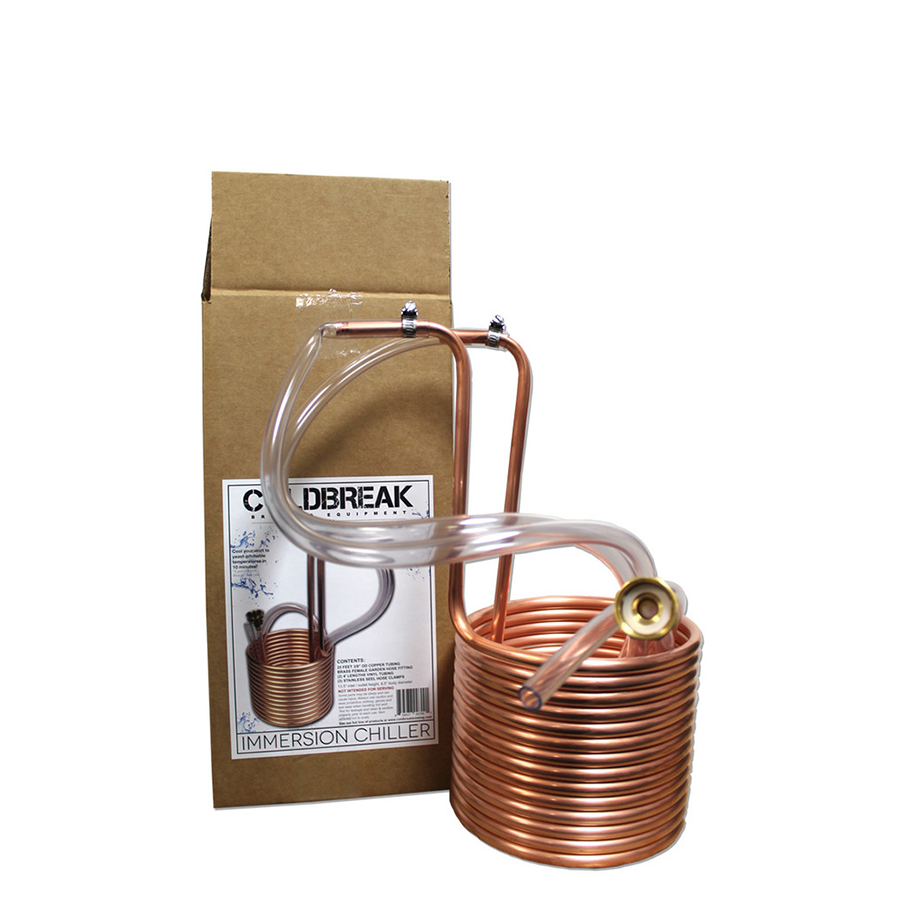 Wort Chillers and Thermometers
Wort Chillers and Thermometers
Wort Chillers and Thermometers are long term investments. It is important to chill your wort quickly. The quicker you chill it the stronger the cold break will be. You also need a good thermometer because high powered boiling changes more rapid temperature fluctuations.
Auto-siphons are a great luxury item to have in your brew equipment. Once you have one you will never go without one again. Don't forget to use a heavy duty sanitizer to clean it since you don't want to replace it as often as hoses. A good sanitizer for that job is Five Star San.
If you are using Swaen Munich Dark Malt, you are getting ready to ferment some beer. Here's a link to our fermenter equipment.
Many people reuse their hoses for far too long. Replacing your hoses often or even using as single use items is highly recommended with beer making.
Pouring your wort into a carboy can be tricky. Use a big funnel made just for the job. They even have different mesh screens to remove particles.
All that healthy yeast is going to make a lot of gas and you'll be needing an airlock to let it out, and not let anything in. It is recommended to replace airlocks often. Because they never physically touch the beer, the sanitation risk is too often overlooked. Bacteria can spread without physical contact in a closed environment and plastic stubbornly harbors bacteria.
Making a yeast starter is a great way to avoid stuck fermentation and also get high yeast counts that allow the final cells to clean up after themselves, reducing off flavors and aromas. Higher populations means less yeast stress and less risk of off-flavors. They help make better beer and can be used with Swaen Munich Dark Malt. Use the right equipment to make the job easy. Flask, Foam Stopper, and Airlock.

DID YOU KNOW?
For thousands of years, barley has been the primary ingredient in brewing, and even today, malted barley is the most common choice due to its enzyme activity. However, historical evidence suggests that before malting grain became a controlled process, ancient Babylonians used to make beer by simply soaking baked bread in water and allowing it to ferment.








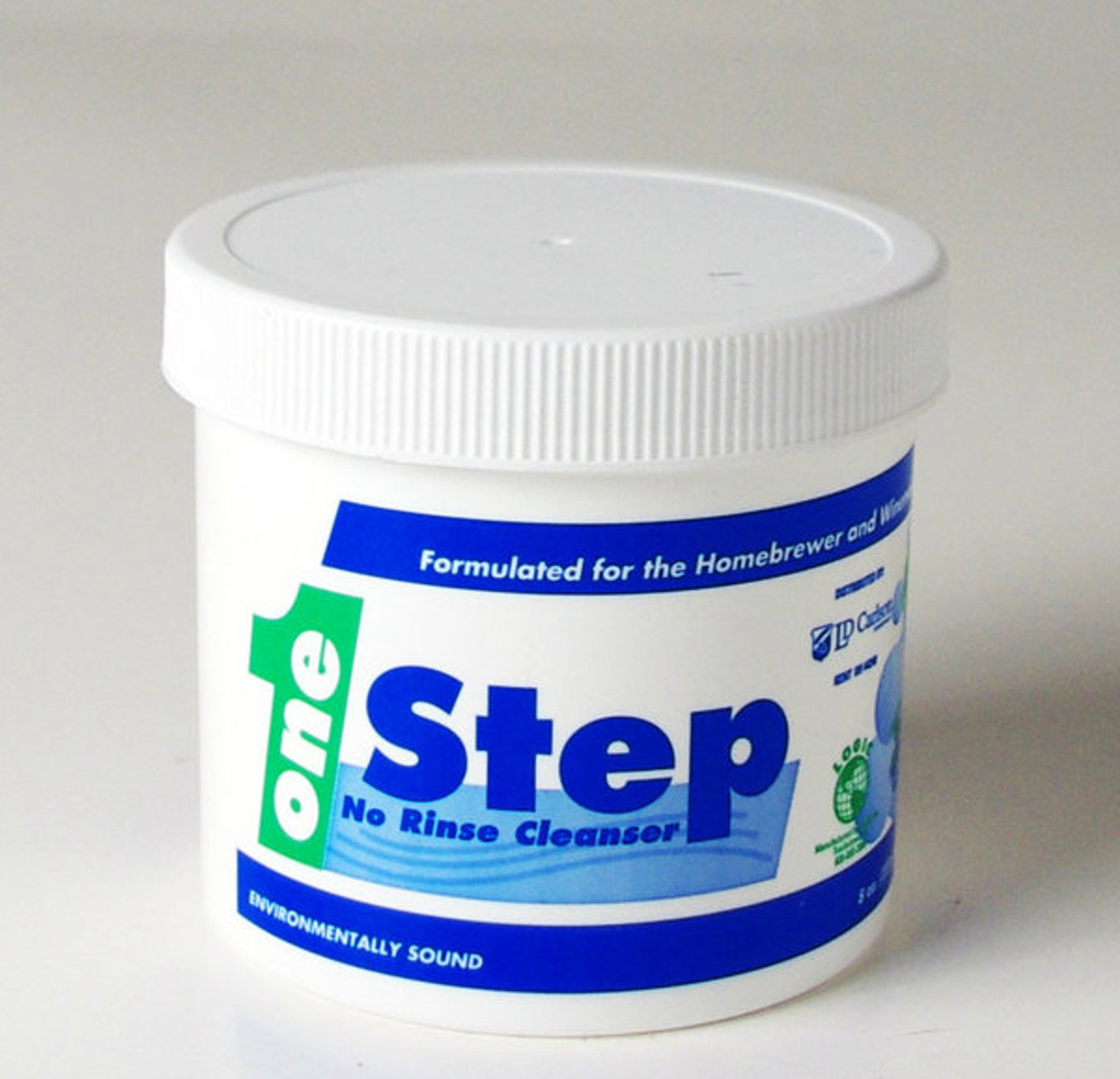
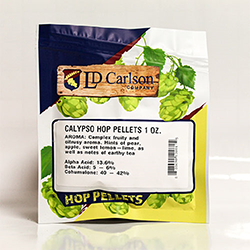 Hops
Hops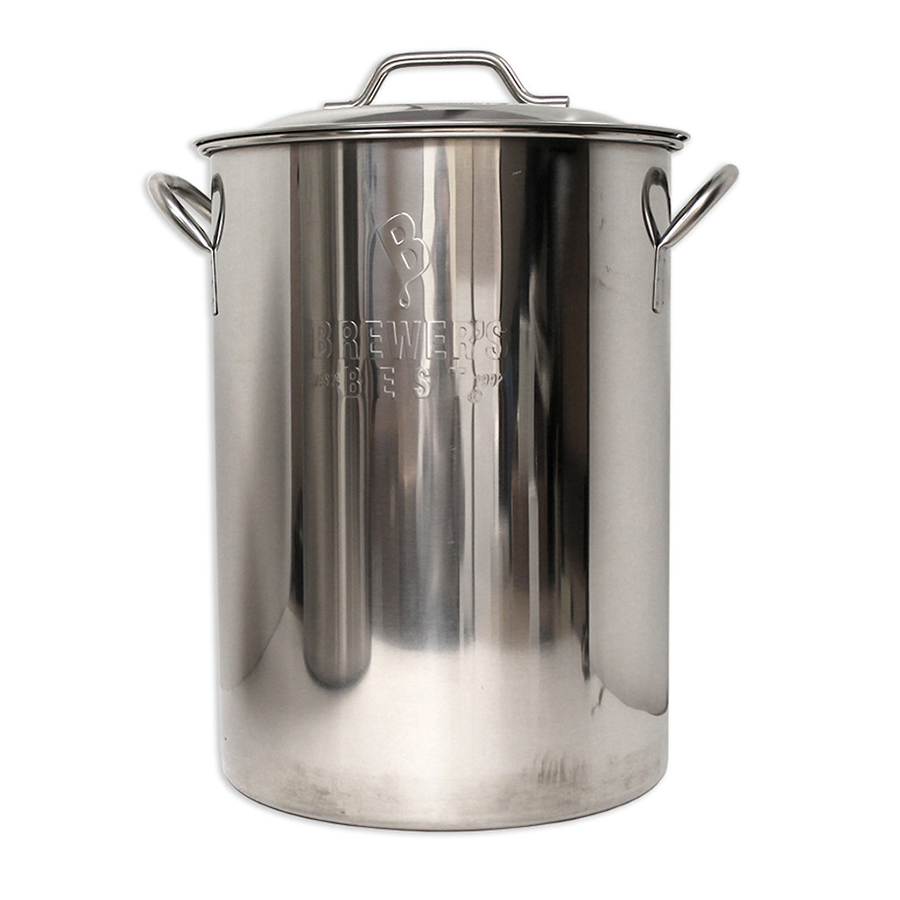 Brew Pots
Brew Pots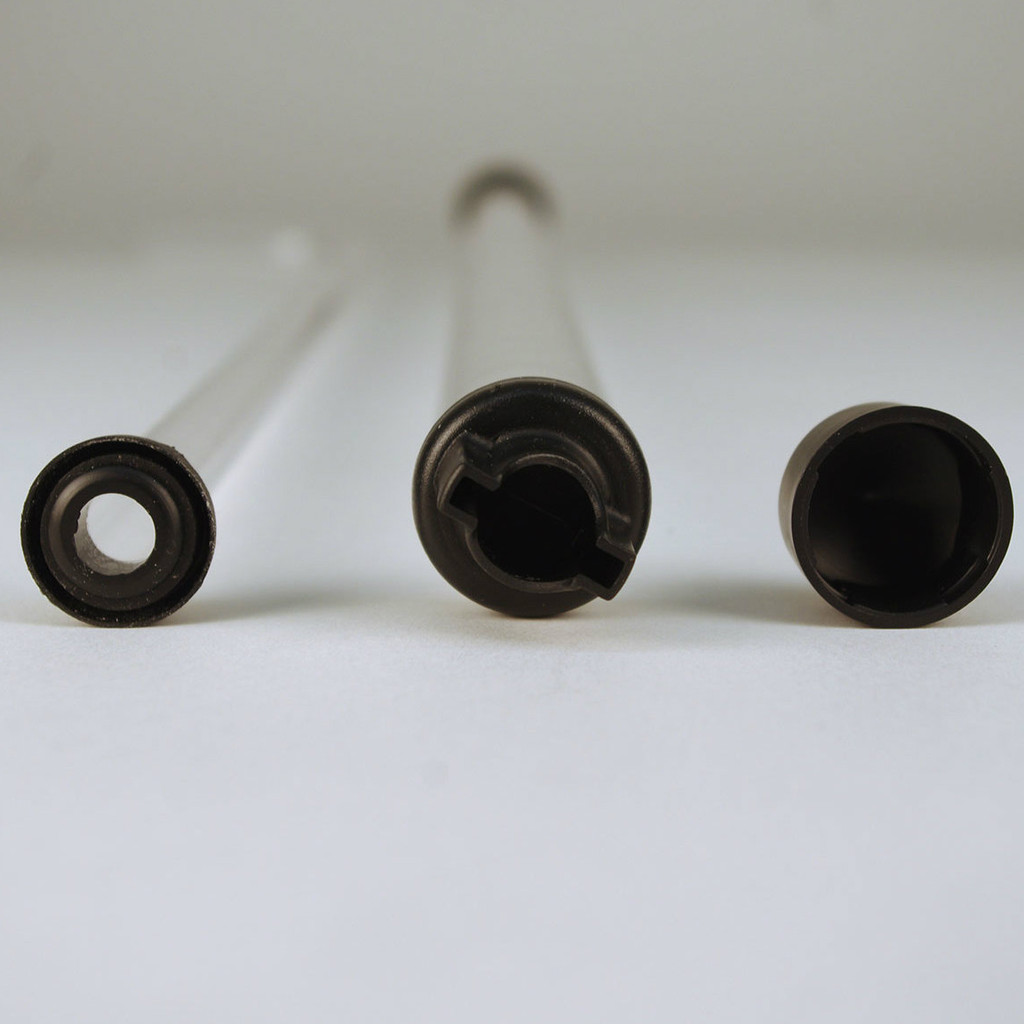 Siphons
Siphons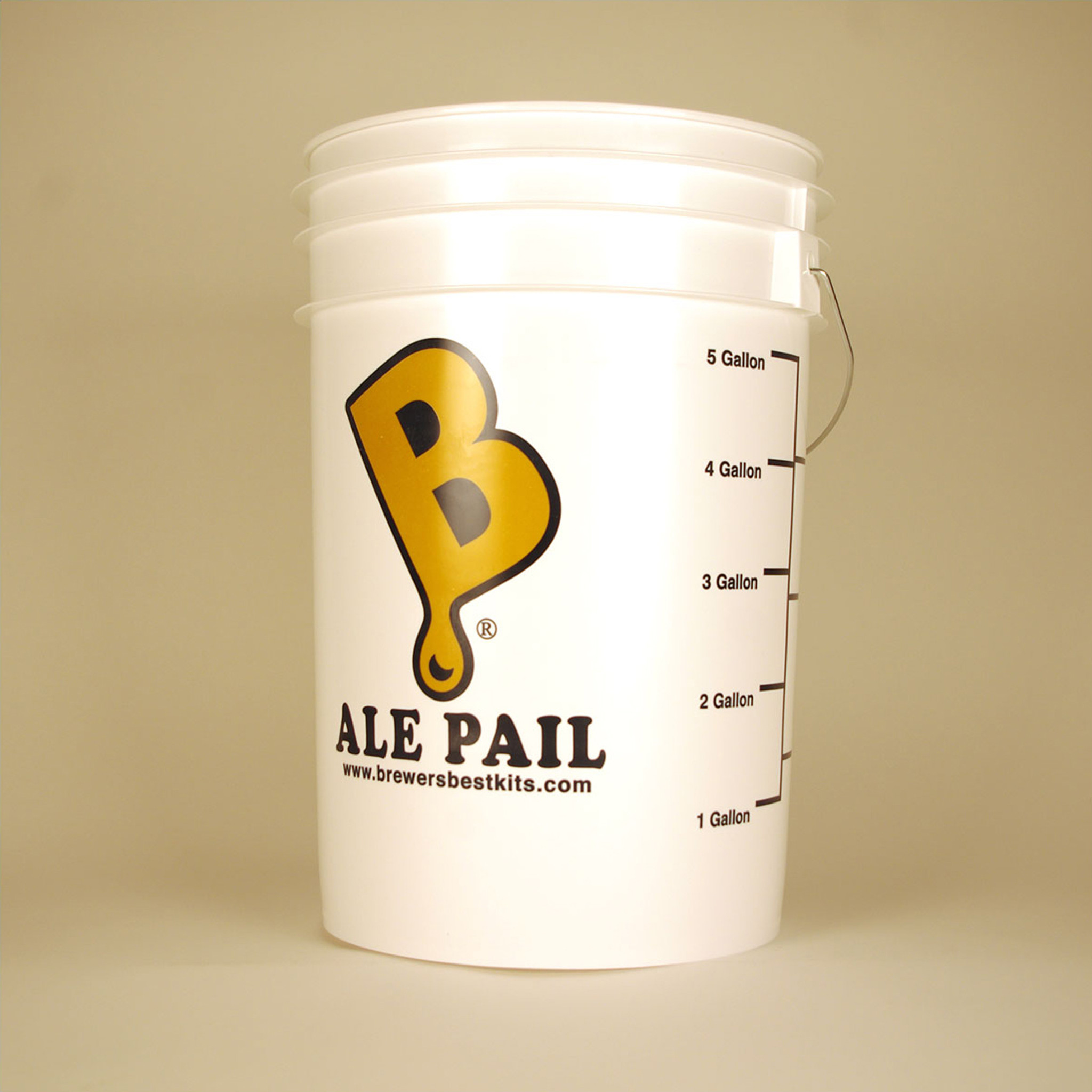
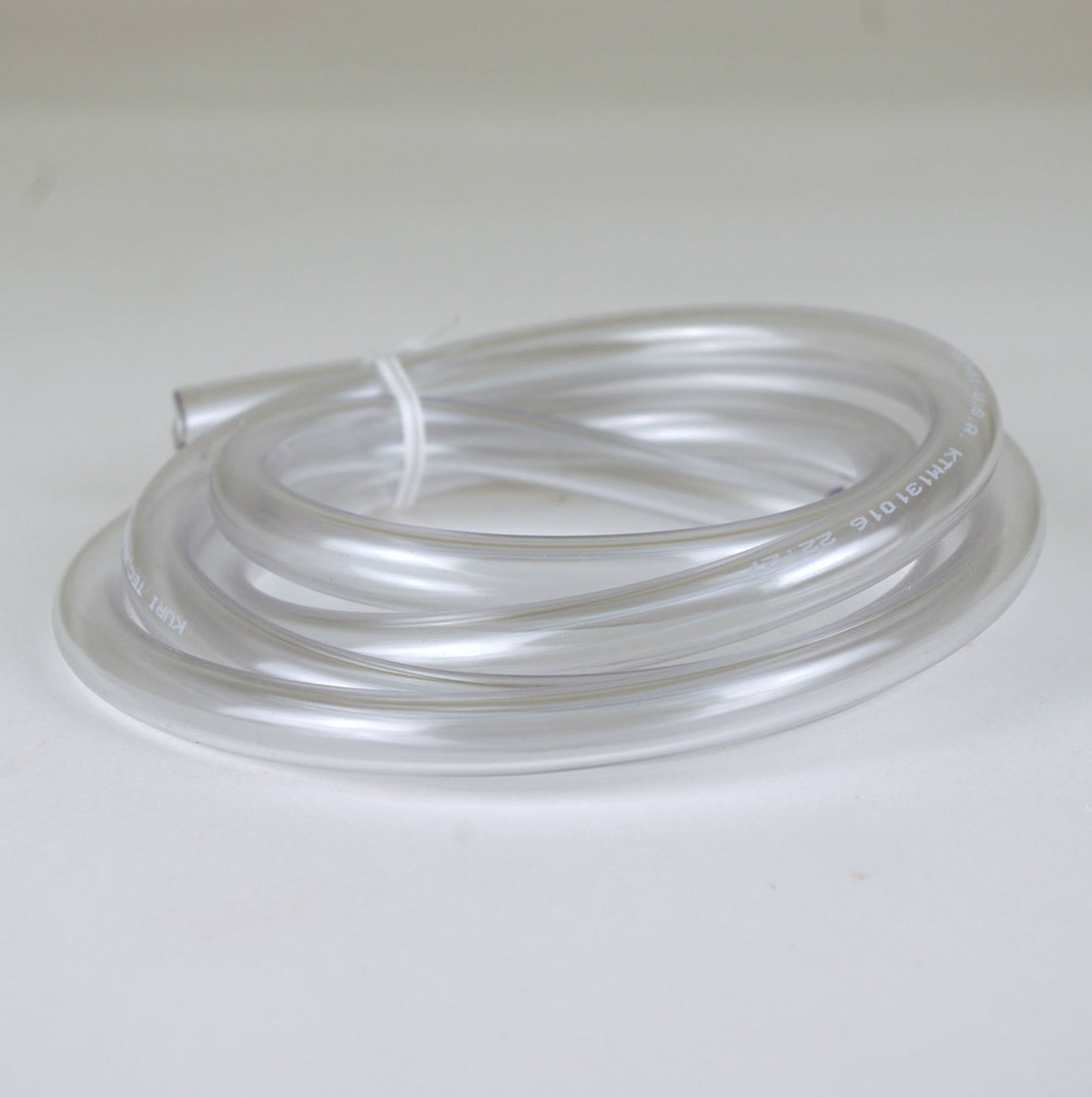 Hoses
Hoses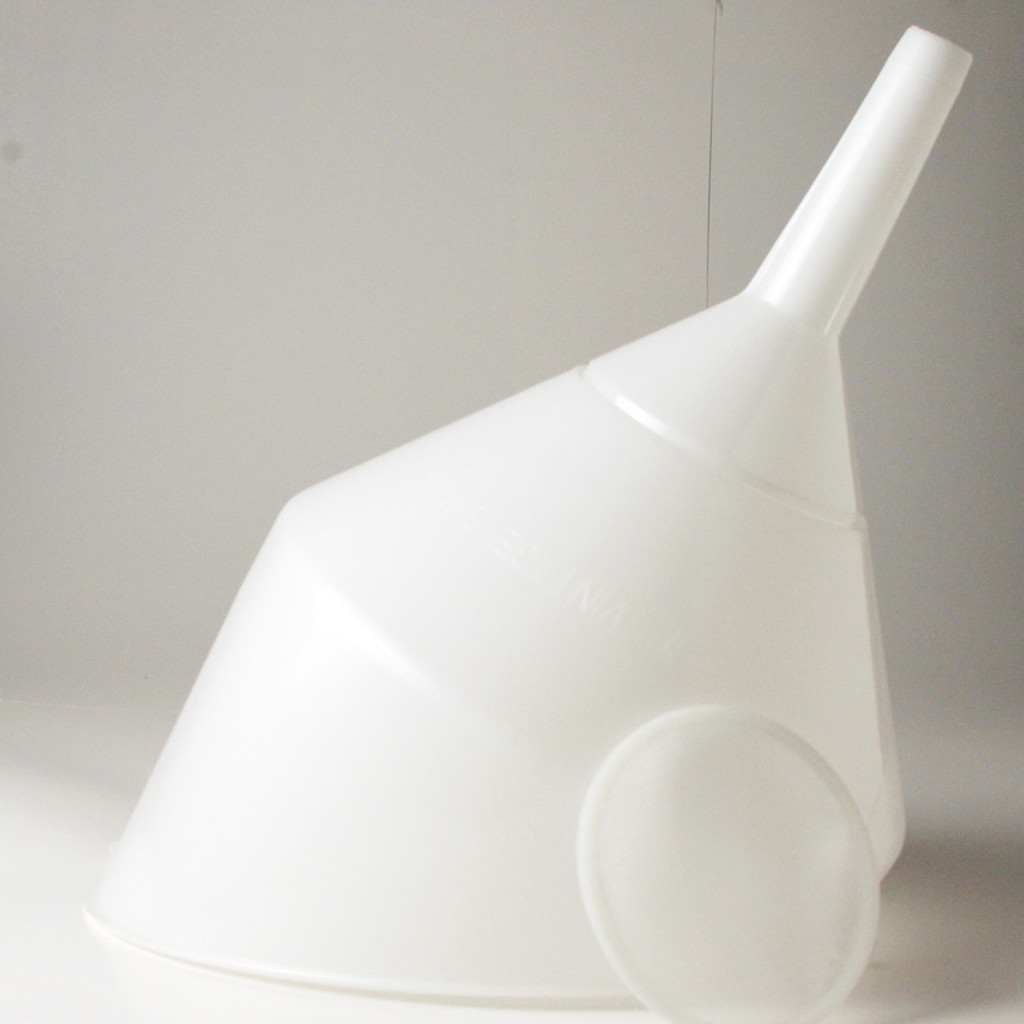 Funnels
Funnels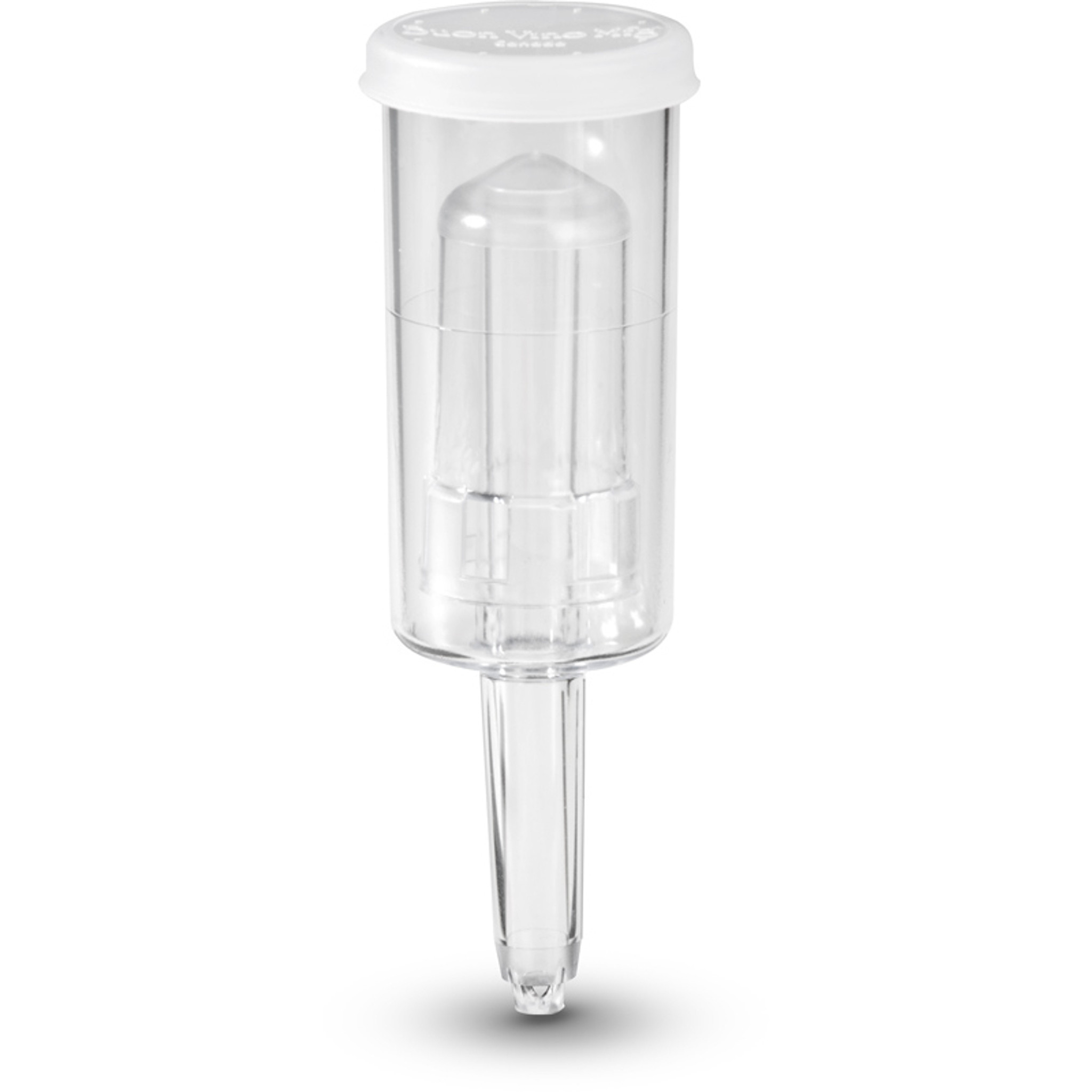 Airlocks
Airlocks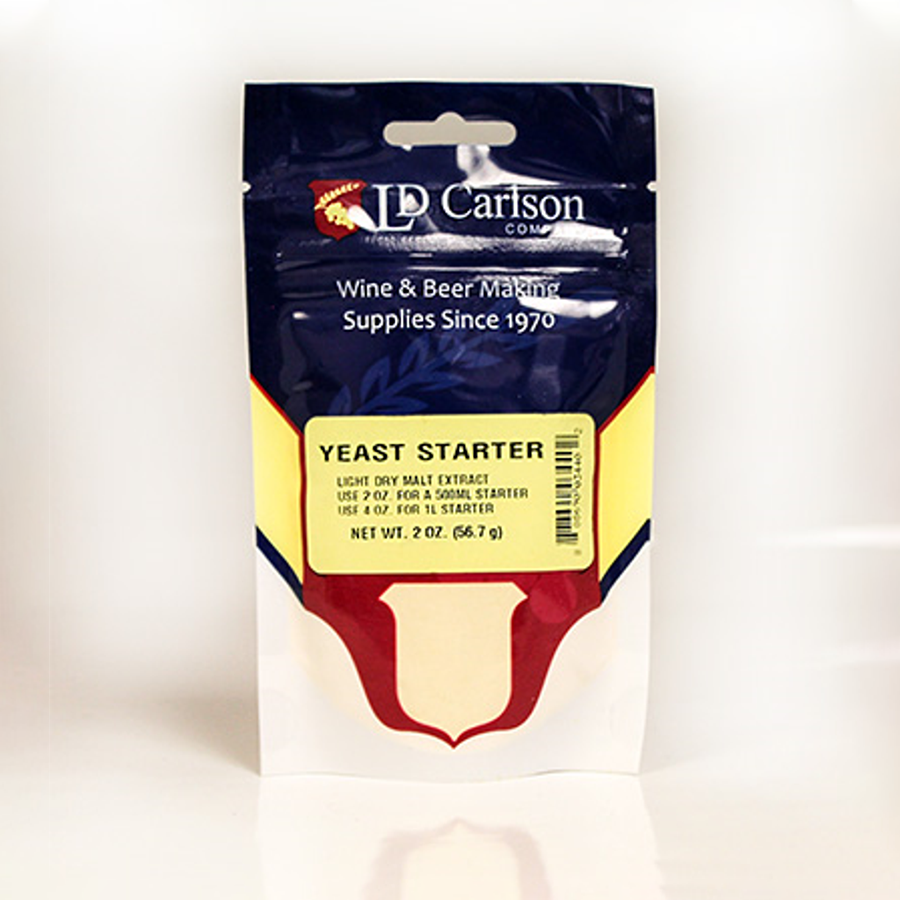 Yeast Starters
Yeast Starters